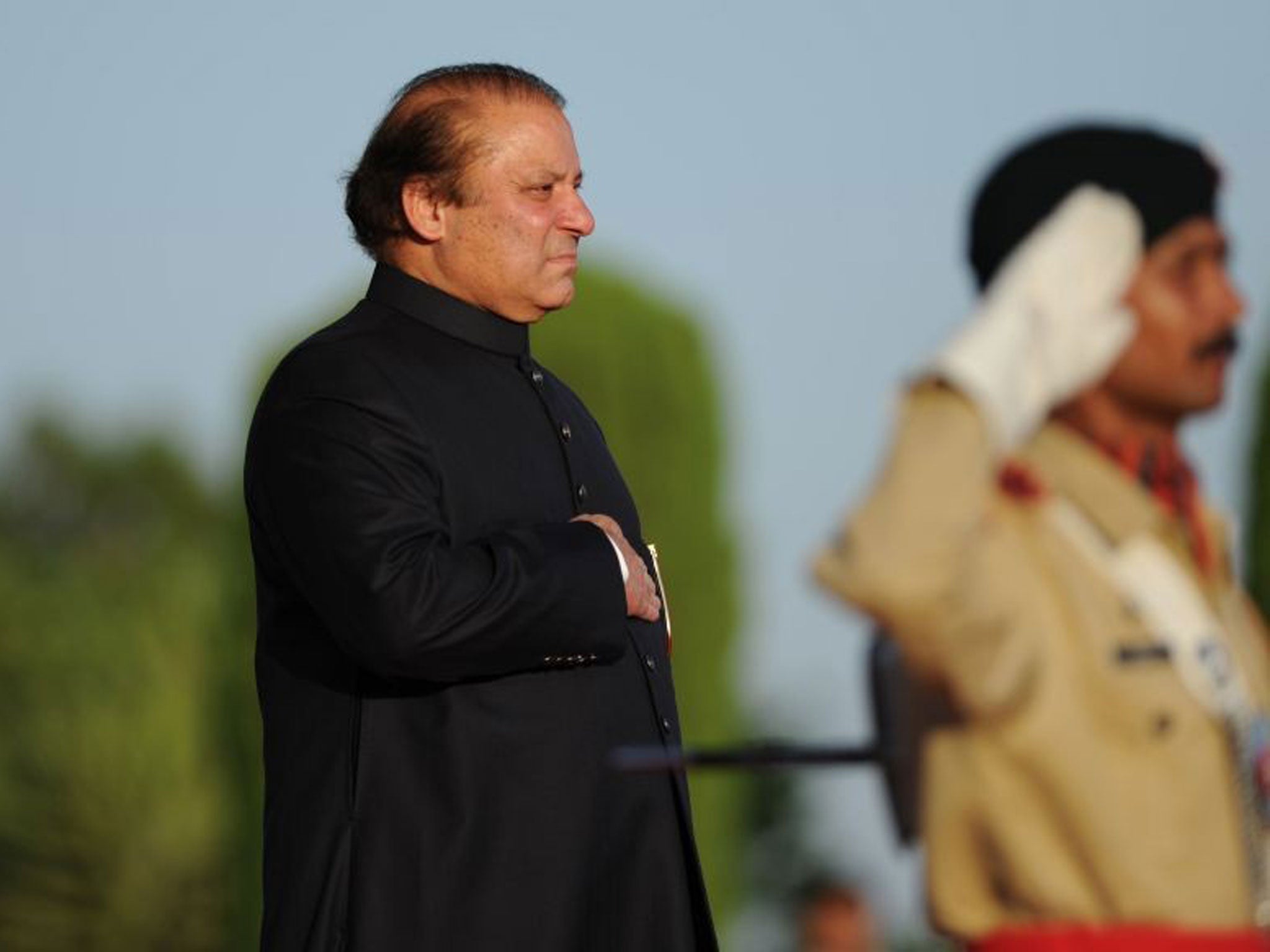Roadside bomb death of Pakistan Major General could derail Taliban peace talks
Rare killing of a high-ranking officer may have undone weeks of debate and diplomatic progress

Your support helps us to tell the story
From reproductive rights to climate change to Big Tech, The Independent is on the ground when the story is developing. Whether it's investigating the financials of Elon Musk's pro-Trump PAC or producing our latest documentary, 'The A Word', which shines a light on the American women fighting for reproductive rights, we know how important it is to parse out the facts from the messaging.
At such a critical moment in US history, we need reporters on the ground. Your donation allows us to keep sending journalists to speak to both sides of the story.
The Independent is trusted by Americans across the entire political spectrum. And unlike many other quality news outlets, we choose not to lock Americans out of our reporting and analysis with paywalls. We believe quality journalism should be available to everyone, paid for by those who can afford it.
Your support makes all the difference.One of the most senior army officers in Pakistan has been killed in a roadside bomb attack reportedly carried out by the Taliban, in a devastating setback for the peace process in the chaotic territories on its border with Afghanistan.
Major General Sanaullah Khan had just been inspecting an outpost near the border, in the Khyber Paktunkhwa province, when the vehicle carrying him was struck.
The bomb blast also killed another officer – a lieutenant colonel, as well as a soldier.
Maj Gen Khan was reported by The Associated Press to be the leading commander in the disputed Swat Valley, and his death is a rare high-ranking casualty in Pakistan’s ongoing conflict against militants in the north.
A spokesman for the Taliban, Shahidullah Shahid, quickly claimed his organisation’s responsibility for the bombing, which came after weeks of discussions within the Pakistani government as to whether to continue peace talks.
Last week, major political parties held a conference on the issue and agreed that talks should be pursued, but the death of Maj Gen Khan will make the possibility of peace more distant than ever.
The Pakistani Taliban – distinct from the Afghanistan branch – is an umbrella group of different factions, who had previously been set for their own conference to discuss peace.
Their most extreme elements have baulked in the past at the concept of even getting to the negotiating table with the government unless it meets certain demands – such as imposing strict Islamic law and going to war with neighbouring India.
Taliban spokesman Shahid said the militants would not stop launching attacks while their leaders decided if the government's offer of talks was genuine.
“If we find them serious we can talk, otherwise we will continue our attacks,” he said.
The bombing has been met with equally steely comments from the government itself.
The Pakistani Prime Minister Nawaz Sharif said Maj Gen Khan’s death would not have an impact on the army’s efforts in the region.
“The Pakistan army has made substantial sacrifices to protect the nation against the menace of terrorism and such cowardly acts by terrorists cannot deter the morale of our armed forces,” he said.
More than 40,000 people have died in militant bomb and suicide attacks, according to the government, but with Mr Sharif’s government making better ties with India a key point of policy, there seems to be little common ground from which to negotiate with the Taliban now.
Join our commenting forum
Join thought-provoking conversations, follow other Independent readers and see their replies
0Comments